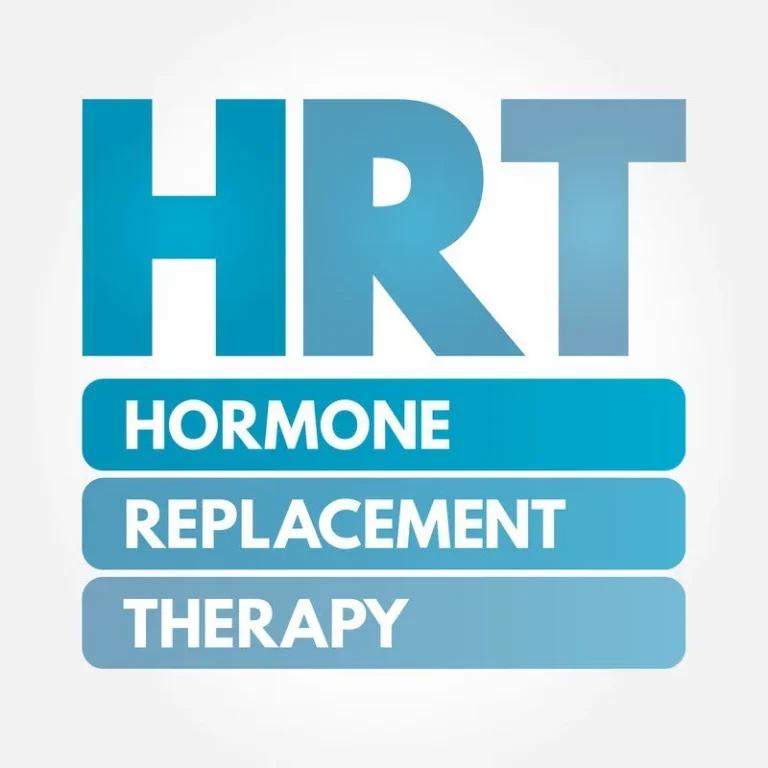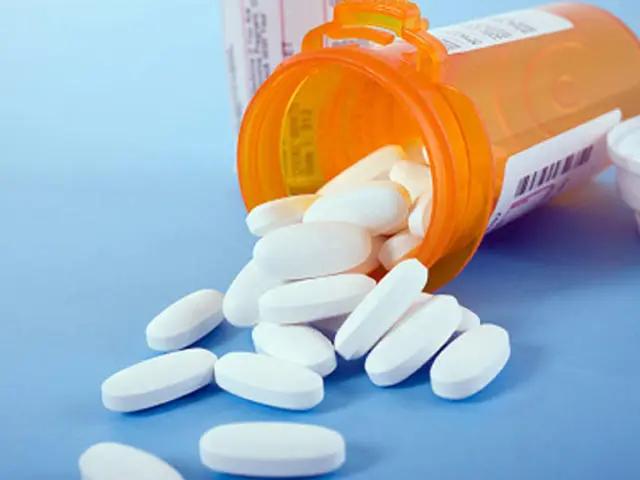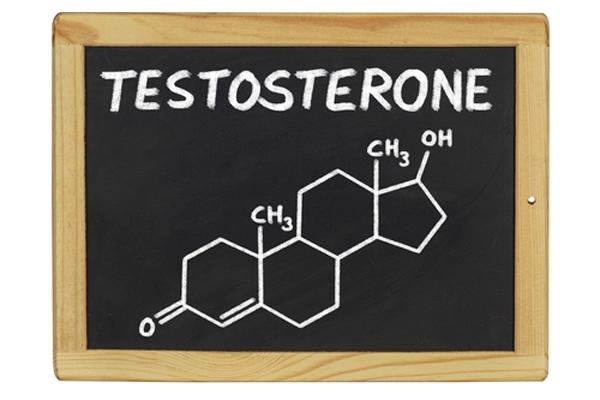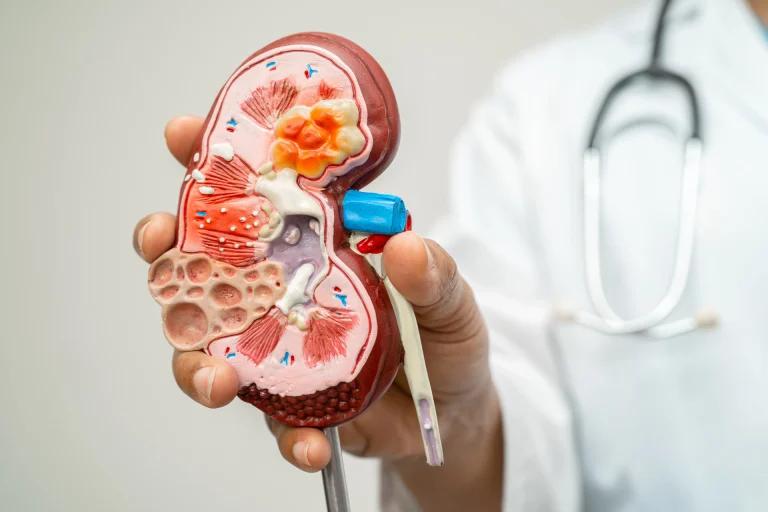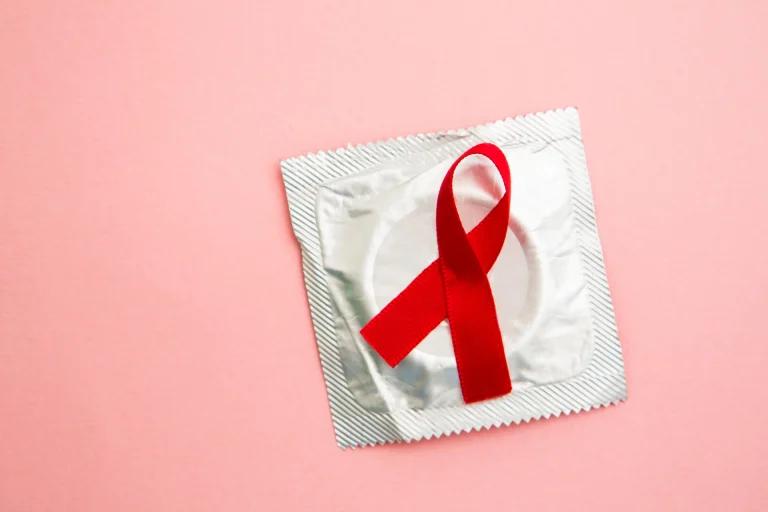
October 15, 2025 (Current Version)
March 28, 2025
Testosterone replacement therapy is a potential solution for men experiencing symptoms of low testosterone levels. This treatment aims to restore hormonal balance and reduce issues such as reduced energy, decreased muscle mass, and reduced libido. The American Urology Association considers levels of testosterone below 300 ng/dL in men to be low. With growing testosterone use this article will aim to provide understanding on the ins and outs of this therapy and its potential effects on overall health and well-being.
What are the beneficial effects of testosterone?
Testosterone, a hormone vital for male development and health, plays a crucial role in various bodily functions. It has an impact on everything from sexual health to muscle mass and even cognitive abilities. Many men experience low testosterone levels as they age, leading to a range of health concerns.
Male sexual function
Testosterone produced mainly in the testicles, has an impact on various aspects of a man’s sexual health. It contributes to overall well-being and is involved in the development of sex organs, muscle mass, and bone density.
Libido and sexual desire
One of the most significant effects of testosterone is its influence on sexual drive or erections. Men with low testosterone levels, a condition known as hypogonadism, often experience a decrease in sexual desire. This reduction in libido can have a substantial impact on relationships and overall quality of life. Other hormones, such as estrogen, also contribute to libido regulation.
Erectile function
Low testosterone levels are linked with a higher prevalence of erectile dysfunction (ED), but it’s rarely the sole cause. ED is more commonly caused by factors such as atherosclerosis, heart disease, diabetes, high blood pressure, and high cholesterol.
Sperm production
While testosterone is essential for male sexual function, it’s important to note its complex relationship with fertility. Testosterone production is required for sperm production, but the levels needed in the testes are much higher than those in the blood. Interestingly, testosterone therapy can harm fertility.
Effects on body composition and strength
Testosterone plays an important role in improving body composition and enhancing strength in both men and women. This hormone has a significant impact on muscle mass, body fat distribution, and bone density. As men age, their testosterone levels naturally decline, leading to changes in body composition and decreased muscle strength. However, testosterone supplementation has shown promising results in addressing these age-related changes.
Improved bone density
Testosterone has a significant impact on bone mineral density (BMD). As men age and testosterone levels drop, bone density decreases, raising the risk of weak bones and osteoporosis. Strong bones are essential for supporting muscles and internal organs, which can boost athletic performance.
Enhanced memory and focus
Clinical trials have indicated a link between testosterone levels and cognitive abilities, particularly in older adults. As testosterone levels naturally decline with age, some individuals may experience cognitive decline, including difficulties with memory and focus.
Reduced depression and anxiety
Testosterone has been linked to mood regulation, with low levels associated with an increased risk of depression and anxiety. Men with hypogonadism, a condition characterised by low testosterone levels, show a significantly higher prevalence of anxiety disorders and major depressive disorder compared to those with normal levels of androgens.
Cardiovascular and metabolic effects
Testosterone has a complex relationship with cardiovascular health and metabolic function. While low testosterone levels have been associated with increased cardiovascular risk, the effects of testosterone therapy on heart health remain unknown.
Cholesterol levels
The effect of testosterone on cholesterol levels may vary depending on factors such as age, dosage, and route of administration.
Diagnosing low testosterone
Diagnosing low testosterone involves a combination of examination by a doctor and laboratory tests to determine if an individual has low testosterone levels.
Blood tests
Diagnosing low testosterone is mainly through blood tests. These tests measure the amount of testosterone in a sample of blood. Blood samples are typically collected between 7 and 11 am when testosterone levels are at their highest due to the hormone’s circadian rhythm.
Blood tests include:
- Total testosterone level test: This test usually requires two sample collections to confirm the results
- Free testosterone test: This measures the amount of testosterone that’s not bound to proteins in the blood
- Luteinizing hormone (LH) test: This helps determine if the cause of low testosterone is related to the pituitary gland
- Prolactin test: High levels may indicate pituitary gland issues or tumours
Symptoms assessment
Healthcare providers also assess symptoms that may suggest low testosterone. Common signs include:
- Reduced sex drive
- Erectile dysfunction
- Loss of body and facial hair
- Decreased muscle mass and strength
- Fatigue
- Mood changes, including depression
- Difficulty concentrating
- Hot flashes
It’s important to note that these symptoms can also be caused by other conditions.
Types of testosterone replacement therapy
Testosterone replacement therapy (TRT) comes in various forms. The choice of treatment options depends on individual needs, lifestyle, other medical conditions and medical advice. Here are the main types of TRT:
Injections
Testosterone injections are a potent form of TRT. They involve intramuscular injections, typically administered once a week. Some patients may opt for twice-weekly injections to maintain more stable testosterone levels. While injections provide a strong dose, they can cause fluctuations in hormone levels.
Gels
Testosterone gels are applied daily to the skin, usually on the upper arms, shoulders, or abdomen. They mimic the body’s natural testosterone release pattern and provide steady hormone levels. Gels dry quickly and are easy to apply. However, users must avoid skin contact with others for a few hours after application to prevent testosterone transfer. Some individuals may find the daily application routine inconvenient.
Patches
Transdermal testosterone patches are applied once daily, typically in the evening. They deliver a steady dose of testosterone through the skin. Patches should be placed on hairless areas, often near or on the scrotum for better absorption. While they eliminate the need for daily gel application, some users may experience skin irritation or find the placement cumbersome.
Pellets
Testosterone pellets, about the size of a grain of rice, are implanted under the skin, usually near the hip or buttocks. This method provides a long-lasting testosterone release, typically lasting 4-6 months. The implantation is a quick, in-office procedure performed under local anaesthesia. Pellets offer convenience with less frequent treatments but carry risks of extrusion or infection at the implant site.
Each TRT method has its pros and cons. Injections and gels are often preferred for their effectiveness and ease of use. Patches provide a non-invasive option, while pellets offer a long-term solution. The choice depends on factors such as lifestyle, personal preference, and medical recommendations. Patients should work closely with their healthcare providers to determine the most suitable TRT method for their individual needs.
Monitoring TRT treatment
Effective monitoring of testosterone replacement therapy (TRT) is crucial to ensure its safety and efficacy. Healthcare providers employ various methods to track the treatment’s progress and manage potential side effects.
Regular blood tests
Blood tests help assess testosterone levels and other important health markers. Typically, healthcare providers recommend blood tests at the following intervals:
- Before starting treatment
- 3, 6, and 12 months after initiating TRT
- Annually thereafter
During these tests, doctors check:
- Testosterone levels
- Red blood cell count
- Prostate-specific antigen (PSA) levels
- Liver function
It’s important to note that the timing of testosterone level checks may vary depending on the TRT method used.
Prostate exams
Prostate health is a key concern during TRT testosterone because it is known to stimulate growth of prostate cancer in men. Healthcare providers typically perform:
- Digital rectal examinations
- PSA (prostate-specific antigen) test
Conclusion
Testosterone treatment has a significant impact on men’s health, offering a potential solution for those with low testosterone levels. This treatment can potentially improve energy levels, muscle mass, and sexual desire, addressing key concerns for many individuals. It’s important to work closely with healthcare providers to diagnose low testosterone accurately, choose the right treatment method, and keep a close eye on progress through regular check-ups and tests.
Sources
- Testosterone Deficiency Guideline – American Urological Association
- Testosterone therapy: Potential benefits and risks as you age – Mayo Clinic
- Testosterone replacement therapy.pdf
- Testosterone replacement therapy : (TRT) :: North Cumbria Integrated Care
- The benefits and risks of testosterone replacement therapy: a review – PMC
- Testosterone-replacement-in menopause.pdf
Medical Disclaimer
NowPatient has taken all reasonable steps to ensure that all material is factually accurate, complete, and current. However, the knowledge and experience of a qualified healthcare professional should always be sought after instead of using the information on this page. Before taking any drug, you should always speak to your doctor or another qualified healthcare provider.
The information provided here about medications is subject to change and is not meant to include all uses, precautions, warnings, directions, drug interactions, allergic reactions, or negative effects. The absence of warnings or other information for a particular medication does not imply that the medication or medication combination is appropriate for all patients or for all possible purposes.





